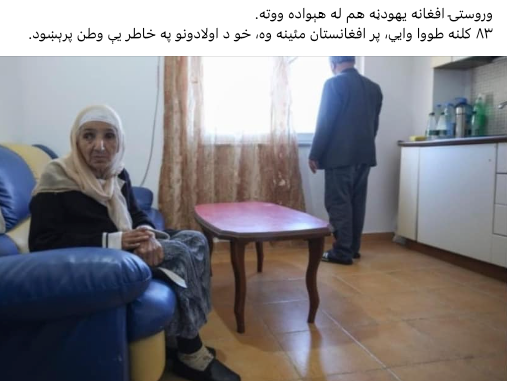Unisex Nouns
There are many words for people and animals in Pashto that can be used in both masculine and feminine forms.
Unisex words follow inflection patterns
To make the male and female forms you just follow the 5 inflection patterns. If you haven't mastered the 5 inflection patterns yet, don't worry, we'll review how each of them works with the unisex nouns below.
1. Basic
Just like with other words following the basic pattern, you add an ـه - a on the end to make them feminine.
| Masculine | Feminine |
|---|---|
ډاکټر - DakTár (male doctor 👨⚕️) | ډاکټره - DakTára (female doctor 👩⚕️) |
نرس - nurs (male nurse) | نرسه - nursa (female nurse) |
اتل - atal (male hero) | اتله - atala (female hero) |
2. Words ending in an unstressed ی - ay
The feminine form the ی - ay on the end becomes ې - e. See pattern.
| Masculine | Feminine |
|---|---|
ملګری - malgúray (male friend 👦) | ملګرې - malgúre (female friend 👧) |
ښوونکی - xUwóonkay (male teacher 👨🏫) | ښوونکې - xUwóonke (female teacher 👩🏫) |
3. Words ending in a stressed ی - áy
If the accent comes on the end of the word, the femine form is a little different. With these words the ی - áy on the end becomes ۍ - úy. See pattern.
| Masculine | Feminine |
|---|---|
پاکستانی - paakistaanáy (A Pakistani man) | پاکستانۍ - paakistaanúy (A Pakistani woman) |
لمسی - lmasáy (grandson 👦) | لمسۍ - lmasúy (granddaughter 👧) |
4. Words with the "Pashtoon" pattern
See pattern.
| Masculine | Feminine |
|---|---|
پښتون - puxtóon (a male Pashtun) | پښتنه - puxtaná (a female Pashtun) |
شپون - shpoon (male shepherd) | شپنه - shpaná (female shepherd) |
مېلمه - melmá (a male guest) | مېلمنه - melmaná (a female guest) |
کوربه - korbá (male host) | کوربنه - korbaná (female host) |
5. Shorter words that squish
See pattern.
| Masculine | Feminine |
|---|---|
غل - ghul (male thief) | غله - ghla (female thief) |
خر - khur (male donkey) | خره - khra (female donkey) |
🎮 Changing genders on unisex nouns
Change the gender of a given noun
Special Feminine Forms of Nouns
Gender is very important in Pashto. But there are also a lot of loan words and other words that don't fit into these five patterns. In these cases, Pashto speakers have come up a bunch of interesting ways to make masculine nouns feminine.
The feminine ending ـڼه - úNa
Some words add a ـڼه - úNa on the end to make the noun into a feminine version
| Masculine | Feminine |
|---|---|
یهودي - yahoodée (a male Jew) | یهودڼه - yahoodúNa (a female Jew) |
هندو - hindóo (a male Hindu) | هندوڼه - hindwúNa (a female Hindu) |
نايي - naayée (male barber) | نایڼه - naayúNa (female hairdresser or barber's wife) |
Note: Many people also say هندوه - hindúwa (a female Hindu).

Here we can see this form being used to describe a Jewish woman.
Notice how the adjectives وروستۍ - wroostúy (last) and افغانه - afgháana (Afghan) are both inflected in their plain, female forms.
Changing the ending to ۍ - úy
Long vowels at the ends of words can sometimes be changed to ۍ - úy to make a noun feminine.
| Masculine | Feminine |
|---|---|
بوډا - booDáa (old man 👴🏼) | بوډۍ - booDúy (old woman 👵🏻) |
ملا - mUláa (mullah) | ملۍ - mUlúy (said jokingly to call someone a female mullah - not possible in Islam) |
قاضي - qaazée (male judge 👨🏻⚖️) | قاضۍ - qaazúy (female judge 👩🏻⚖️) |
قاري - qaaree (male Quran reciter) | قارۍ - qaarúy (female Quran reciter) |